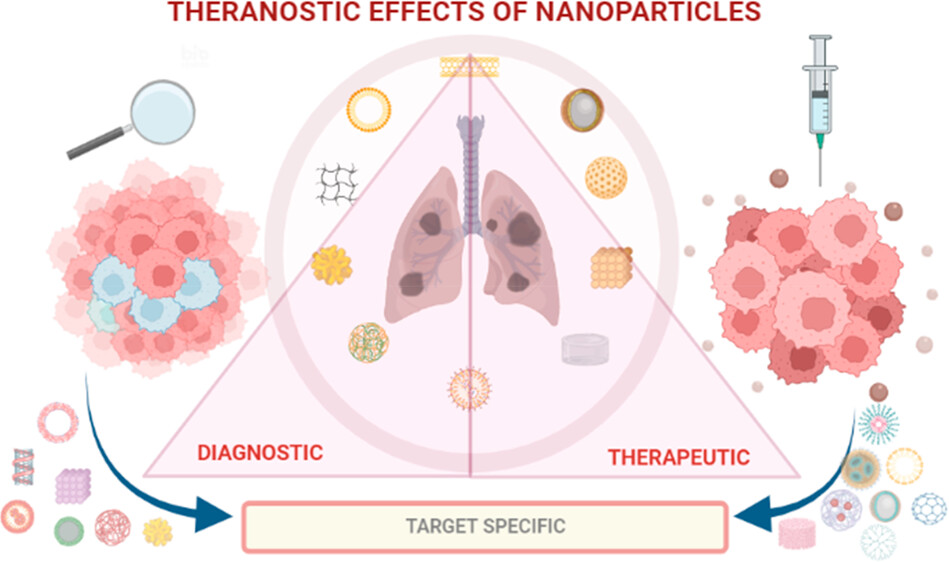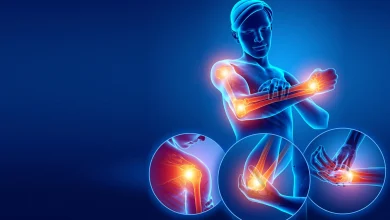Table of Contents
Nanomedicine has emerged as a promising field for cancer treatment due to its unique properties, including a high surface area-to-volume ratio, the ability to target specific tissues, and the ability to deliver therapeutic agents directly to cancer cells. In recent years, several nanomedicine-based approaches have been developed for the treatment of cancer, including the use of anticancer nanomedicines and mRNA cancer vaccines. This article will explore the current concepts and future perspectives of nanomedicine in cancer treatment.
Introduction to Nanomedicine
Nanomedicine involves the use of nanoscale materials and devices for the diagnosis, treatment, and prevention of diseases. The field of nanomedicine has gained significant attention in recent years due to the unique properties of nanoparticles, such as their size, surface area, and surface chemistry. These properties make nanoparticles ideal for drug delivery, imaging, and other medical applications.
Current Challenges in Cancer Treatment
Cancer is a complex disease, and traditional treatments such as chemotherapy and radiation therapy have significant side effects and are not always effective. One of the major challenges in cancer treatment is the lack of specificity of anticancer drugs, which can lead to damage to healthy cells and tissues. Moreover, cancer cells can develop resistance to chemotherapy drugs, making it difficult to treat the disease.
Anticancer Nanomedicines
Anticancer nanomedicines are a promising approach to the treatment of cancer. These nanomedicines are designed to deliver therapeutic agents specifically to cancer cells, reducing the risk of damage to healthy cells and tissues. Anticancer nanomedicines can be designed to target specific cancer cells by exploiting the unique properties of cancer cells, such as overexpression of specific proteins or receptors.
One example of an anticancer nanomedicine is Doxil, a liposomal formulation of the chemotherapy drug doxorubicin. Doxil is approved for the treatment of ovarian and breast cancers and is designed to target cancer cells by exploiting the enhanced permeability and retention effect (EPR effect). The EPR effect is a phenomenon that occurs in tumors, where leaky blood vessels and impaired lymphatic drainage allow nanoparticles to accumulate selectively in the tumor microenvironment.
Anticancer nanomedicines are a promising approach in the field of cancer treatment. These nanomedicines utilize nanoparticles as a platform for targeted drug delivery to cancer cells, resulting in improved efficacy and reduced toxicity compared to traditional chemotherapy drugs. The use of anticancer nanomedicines allows for precise control over drug release, and the ability to selectively accumulate in tumor tissues. Moreover, nanomedicines can also be engineered to overcome drug resistance mechanisms that are commonly observed in cancer cells. Overall, anticancer nanomedicines hold great potential in the development of new and effective cancer treatments.
mRNA Cancer Vaccines
mRNA-based vaccines are a relatively new approach to cancer treatment. These vaccines work by introducing mRNA encoding cancer antigens into the body, stimulating an immune response against cancer cells. mRNA-based vaccines have several advantages over traditional vaccines, including the ability to induce a broad and robust immune response and the ability to rapidly develop and produce new vaccines.
One example of an mRNA-based cancer vaccine is the mRNA-4157 vaccine, developed by Moderna. This vaccine is designed to stimulate an immune response against four different cancer antigens and is currently in phase 2 clinical trials for the treatment of solid tumors.
Future Perspectives
Nanomedicine has the potential to revolutionize cancer treatment by providing targeted and personalized therapies. In the future, nanomedicine-based approaches may be combined with other therapies, such as immunotherapy, to enhance their efficacy. Moreover, the development of new nanomaterials and technologies will expand the capabilities of nanomedicine for cancer treatment.
In conclusion, nanomedicine is a promising field for cancer treatment, with several nanomedicine-based approaches currently in development. Anticancer nanomedicines and mRNA cancer vaccines have shown promising results in preclinical and clinical studies, and their use is likely to increase in the coming years. However, more research is needed to fully understand the safety and efficacy of these approaches and to develop new nanomedicine-based therapies for cancer treatment.




